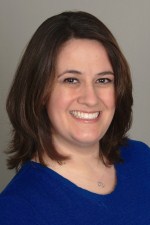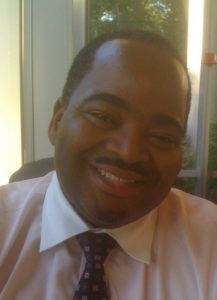 We wanted to get to know Greg Smith (NAIWE’s Novel Writing Expert) better, so last month we sat down with him. Here are some thoughts he shared with us.
We wanted to get to know Greg Smith (NAIWE’s Novel Writing Expert) better, so last month we sat down with him. Here are some thoughts he shared with us.
Is this a guide to follow at will?
The Agile Writer Method is something you can do at your own pace and on your own schedule. However, it is structured for 10 pages per week for 25 weeks. I recommend you find two critique partners and have weekly meetings where you review your weekly 10-page output. This creates a sense of accountability that motivates you to write each week. However, you can follow the program and write your novel at whatever pace works best for you.
Do all the steps need to be in order to write a good novel?
Yes, and no. The big idea behind the Agile Writer Method is successive refinement. You’ll start with a single sentence describing your story. Then write an elevator pitch (one paragraph). Then a synopsis (one page). During the plotting phase, you create an eight-stage Storyboard (or outline) that structures your story. Then you write 10 pages a week for 25 weeks. So, yes, there is a progression that you need to follow. However, many Agile Writers will write their beginning, then their ending, and then fill in the middle! So, it’s a pretty flexible method.
Do you offer a template?
Yes, there are templates for the Hero Abstract, the Story Abstract, and the eight-stage storyboard (or outline). These templates will get you started. Most Agile Writers are pretty creative; they’ve embellished and augmented the templates to suit their needs. As I have said, The Agile Writer Method is very flexible!
——————
Storytelling is as old as the human race. Over the ages we’ve come to expect a pattern to storytelling. In this webinar, Greg Smith lays out this time-worn pattern. Based on Joseph Campbell’s Hero’s Journey, mythology, psychology, and screenwriting techniques, the “The Eight Stages of the Novel” will help you plot your story before you put pen to paper.
You can join in this conversation on September 13, at 8:00 pm eastern, when NAIWE will host a discussion on writing your novel. The cost for NAIWE members is only $10! Non-members can join for $30. Register today!

 We wanted to get to know MJ Courchesne (
We wanted to get to know MJ Courchesne ( We wanted to get to know Brian Schwartz (
We wanted to get to know Brian Schwartz ( We wanted to get to know Tamian Wood (
We wanted to get to know Tamian Wood ( (
( We wanted to get to know Jake Poinier (
We wanted to get to know Jake Poinier ( We wanted to get to know Kajli Prince (
We wanted to get to know Kajli Prince ( We wanted to get to know Stephen Colwell (
We wanted to get to know Stephen Colwell ( yre (
yre (